The ultimate guide to everything you need to know about Sec! Whether you’re a beginner or a seasoned

What is sencha?
Sencha is a popular type of Japanese green tea made from whole, unground
How is sencha different from other green teas?
Sencha differs from other green teas in the way it is processed. After being harvested, sencha leaves are quickly steamed to prevent oxidation, which helps preserve their vibrant green color and fresh flavor. This steaming method sets it apart from other green teas, like Chinese green
What are the health benefits of sencha?
Sencha is rich in antioxidants, particularly catechins such as EGCG, which may provide various health benefits, including supporting heart health, boosting metabolism, and reducing the risk of certain chronic diseases. Sencha also contains vitamins, minerals, and amino acids like L-theanine, which can promote relaxation and mental clarity.
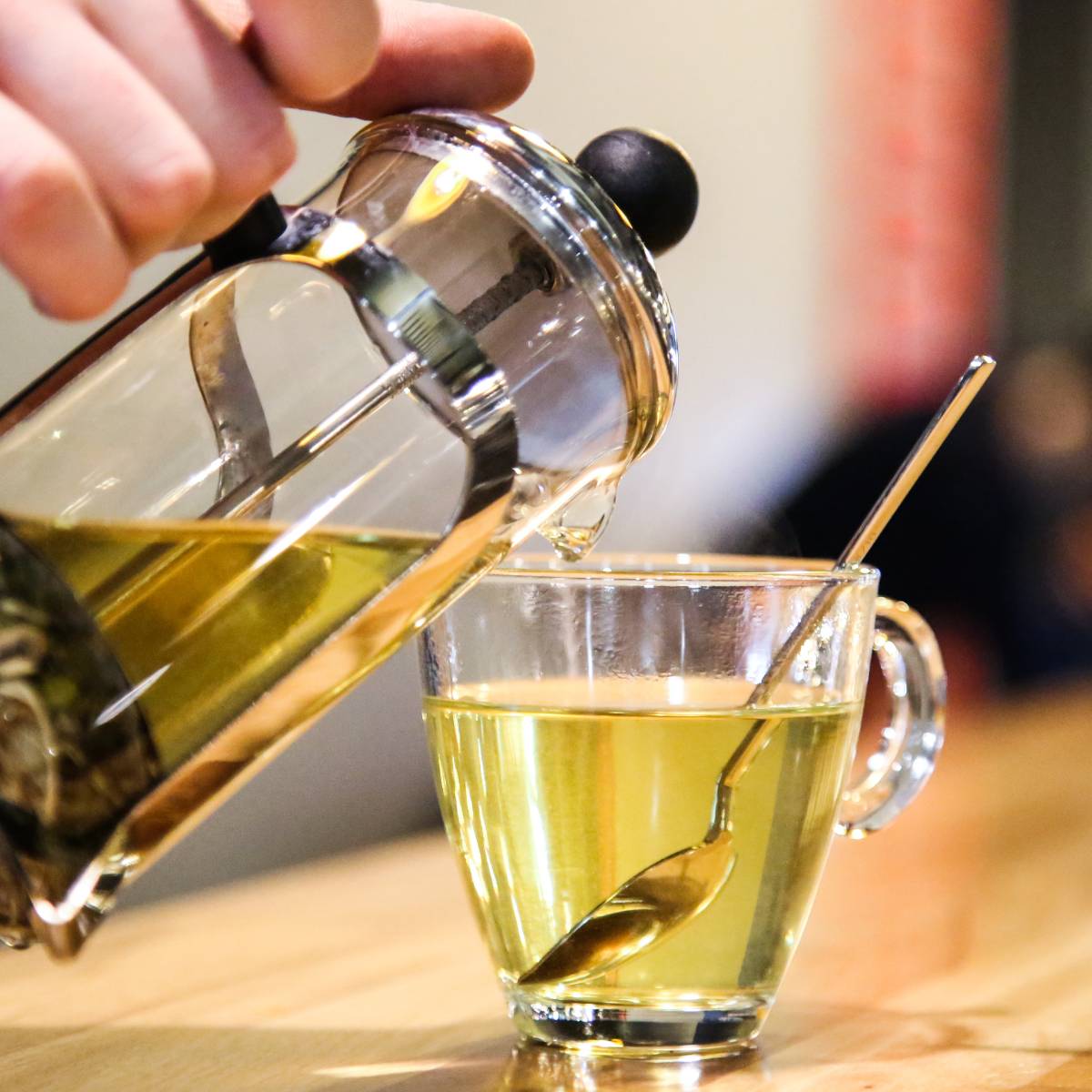
How do I brew sencha?
To brew sencha, use 1 teaspoon of loose-leaf
How much caffeine does sencha contain?
Sencha typically contains between 20-40 mg of caffeine per 8-ounce cup, depending on the quality and preparation method. This is less than a cup of coffee but more than some other types of green
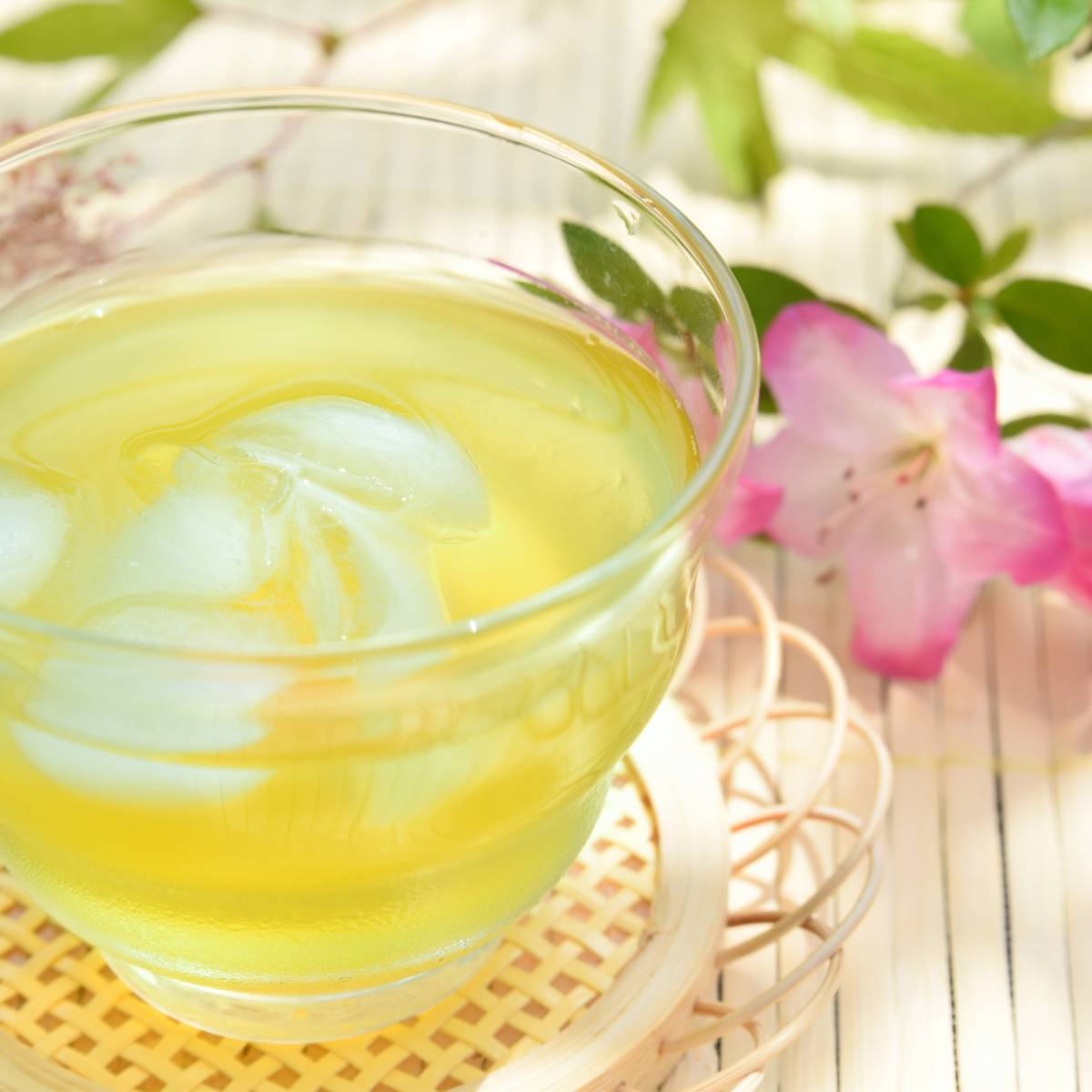
Can I make iced sencha?
Yes, iced sencha is a refreshing option for warm weather. Brew the sencha as you would for hot tea, but use double the amount of
Is sencha suitable for vegans and vegetarians?
Yes, sencha is a plant-based product made from
Where can I buy sencha?
Sencha can be found in
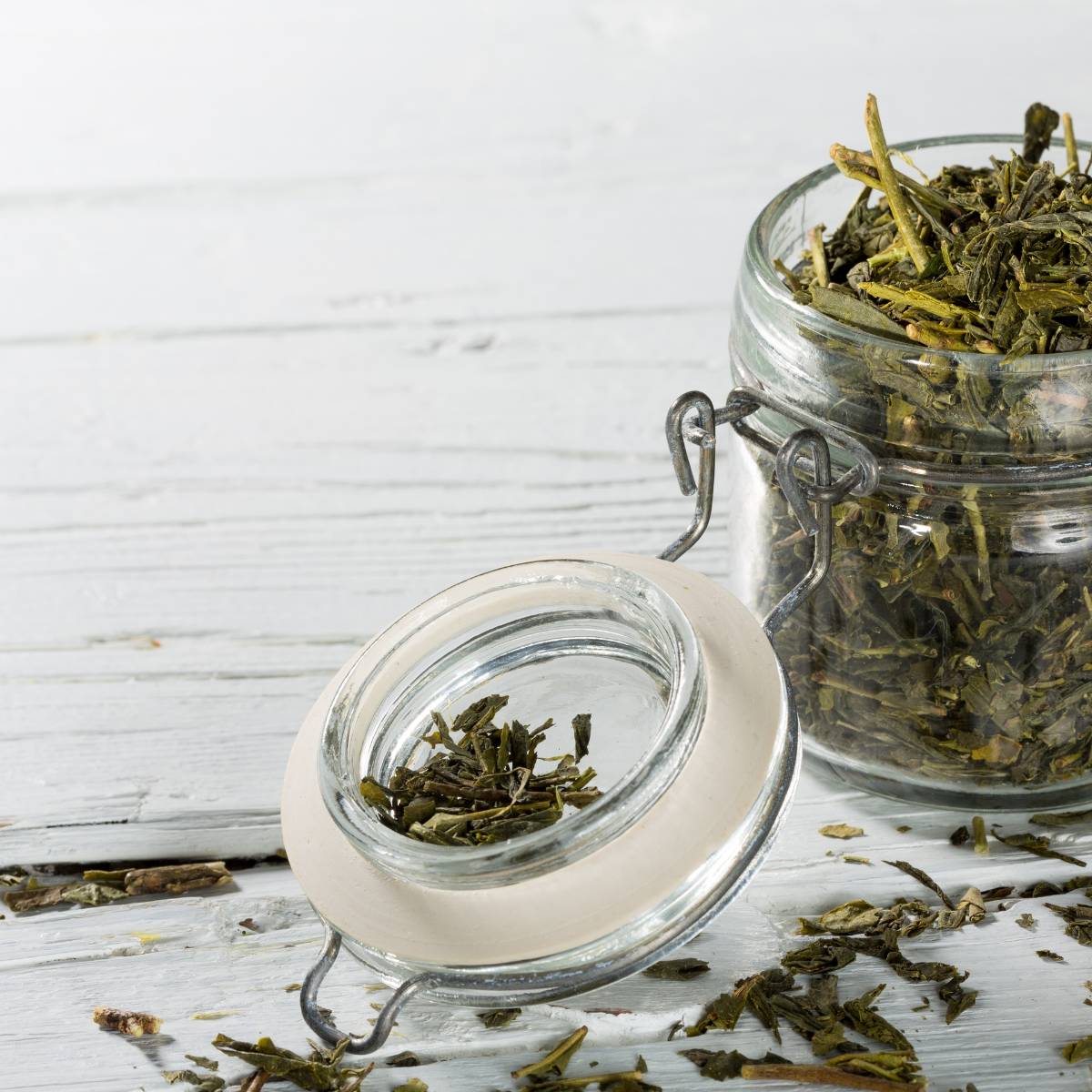
How should I store sencha?
Store sencha in an airtight container in a cool, dark place away from direct sunlight and strong odors. Proper storage will help maintain its freshness, flavor, and aroma.
What are the different grades of sencha?
Sencha grades vary depending on factors such as the region where it’s grown, the time of harvest, and the quality of the
Conclusion
Explore the wonderful world of Japanese green
Why not give this tea guide a try for your journey to the great taste of Japanese


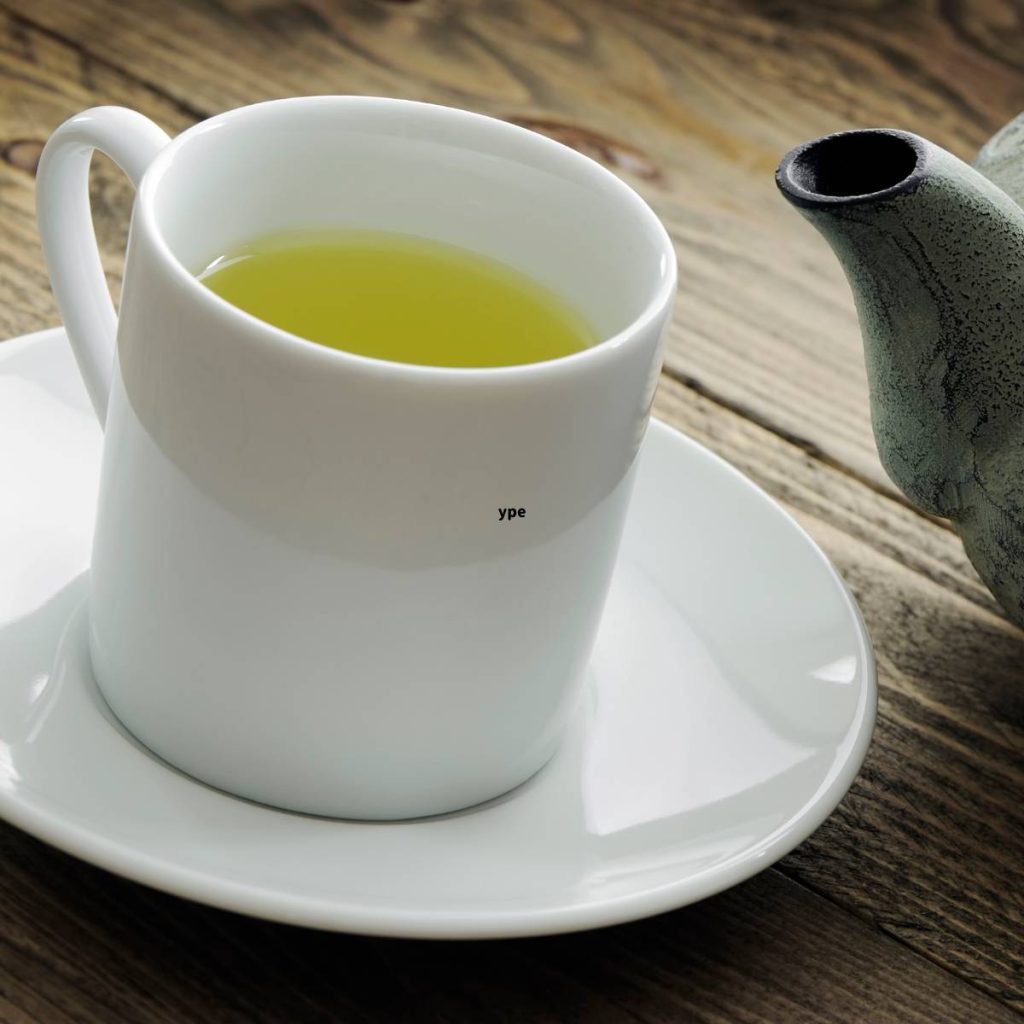


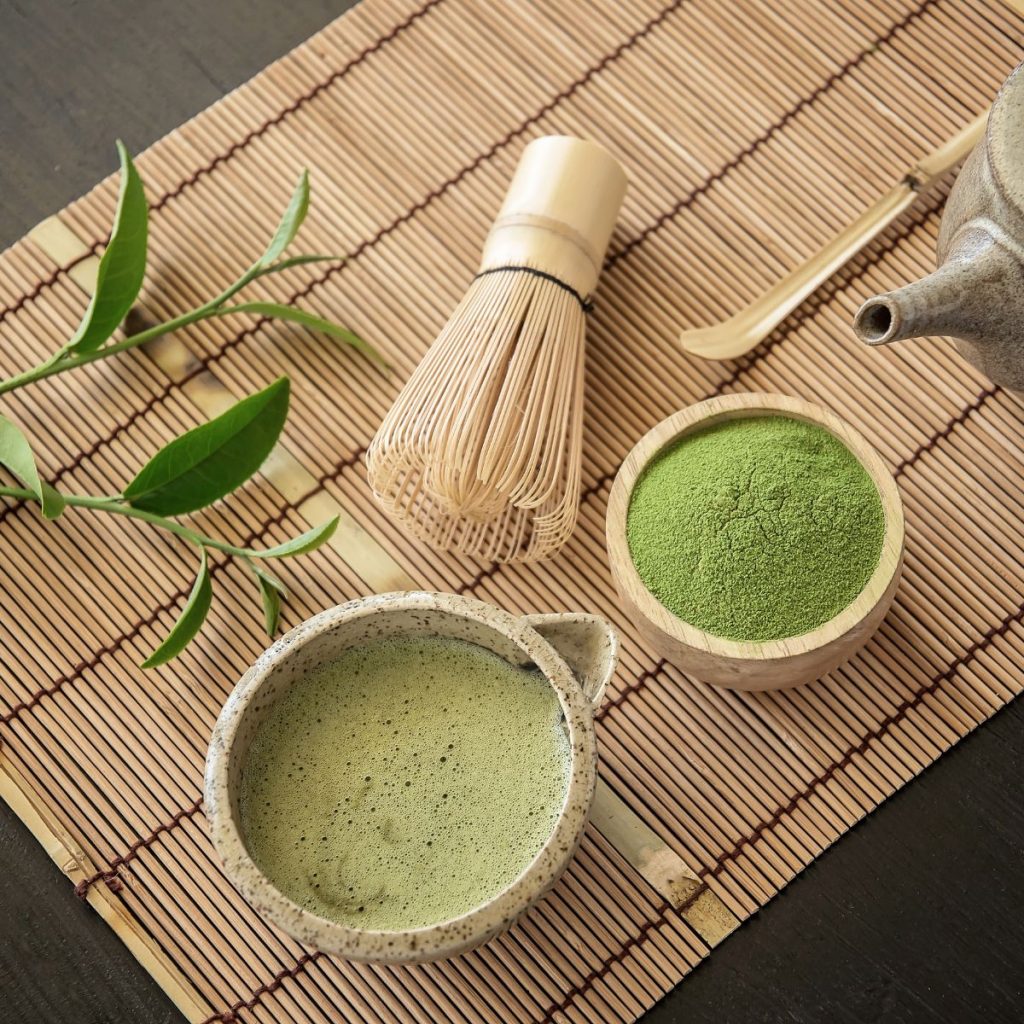
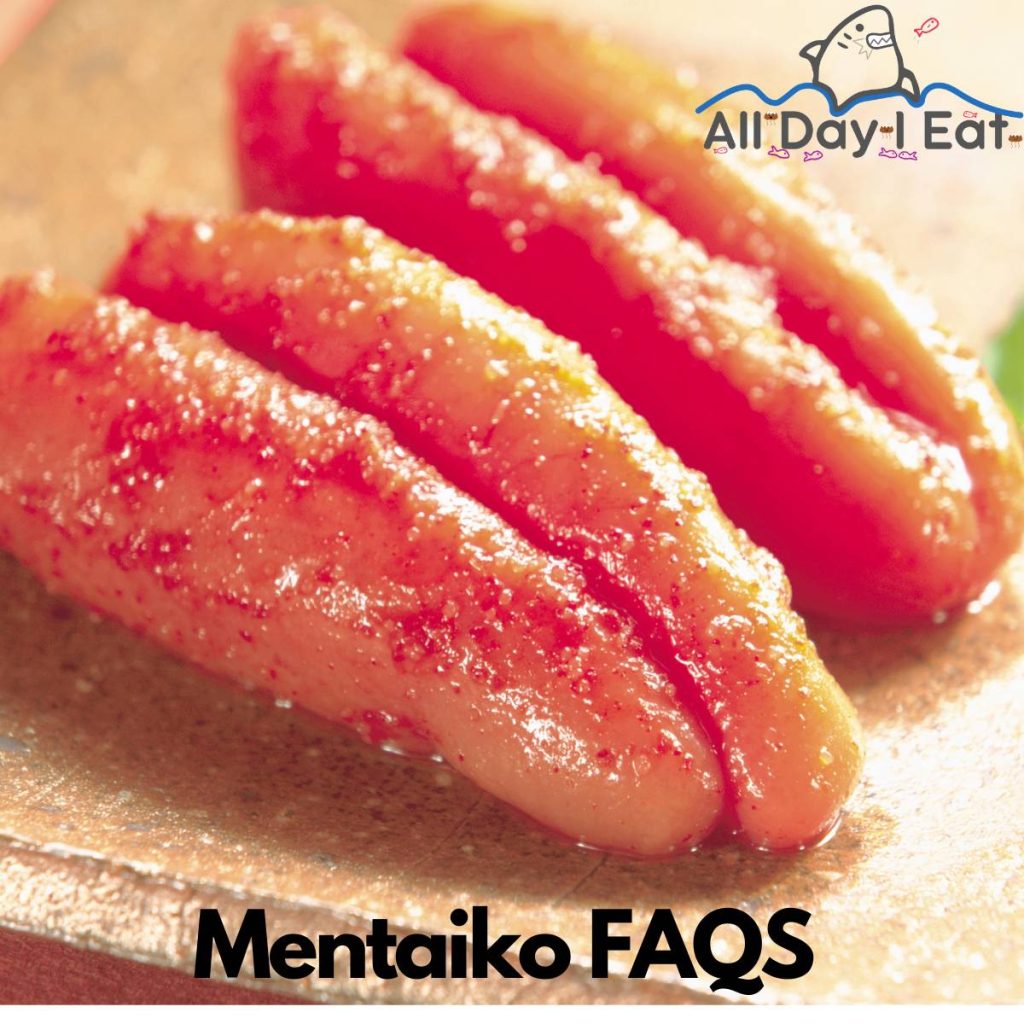
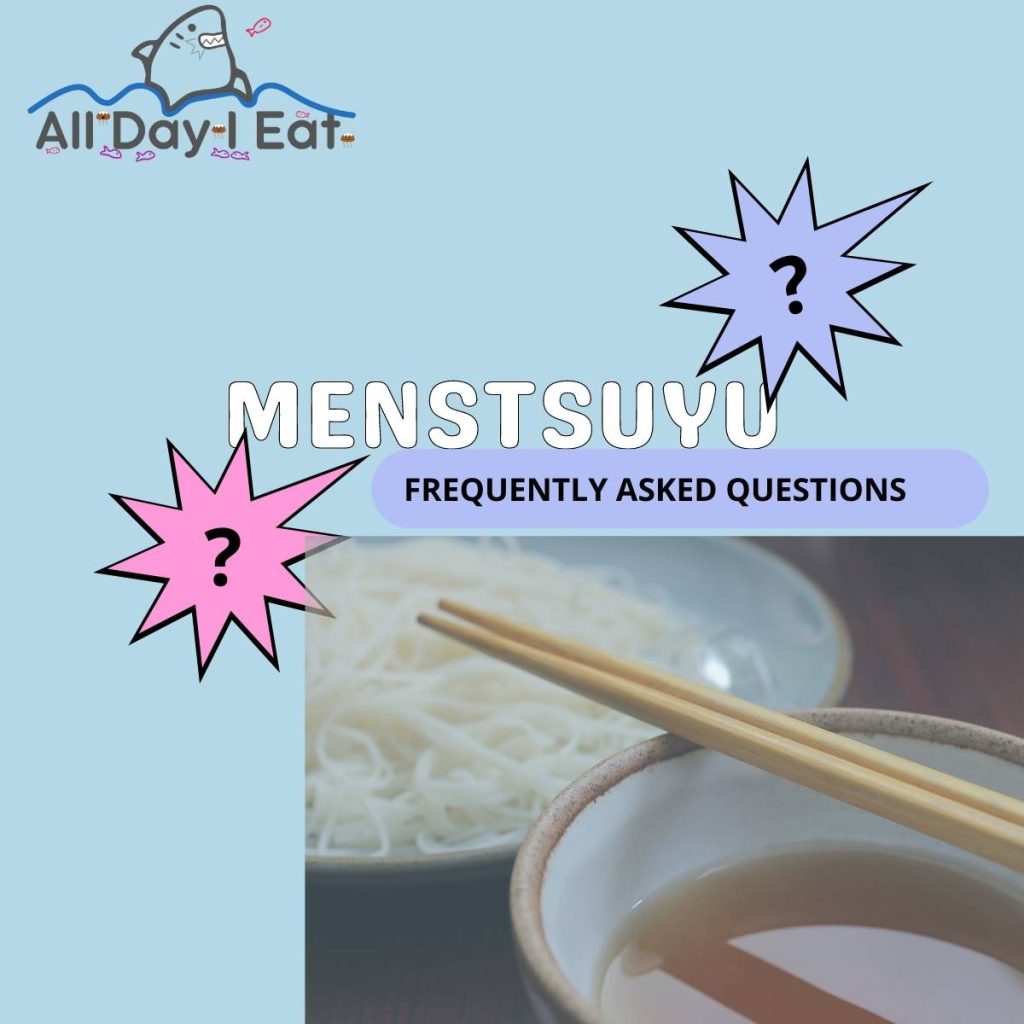
Konnichiwa! (Hello!) I'm Pat Tokuyama, a Japanese tofu cookbook author, who travels for music, food, and adventure. If you like Japanese tea, checkout some of the newestorganic japanese tea, matcha bowls and noren and more!
** Curious about the Plant Based Japanese Cooking Club? ** Learn more here!